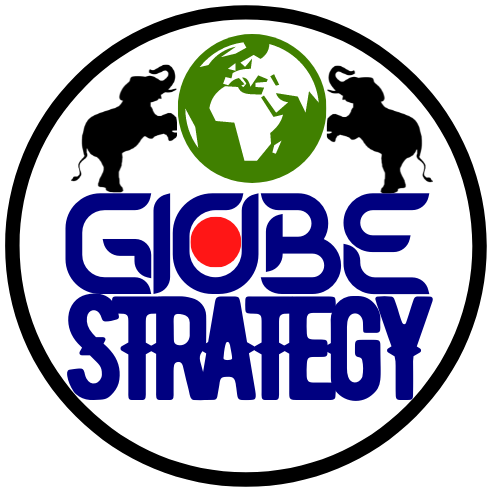What is Global strategy?
Global strategy, as defined in business terms, is an organization’s strategic guide to pursuing various geographic markets. It consists of the Global Business Environment in which Global corporations, Multinationals and other firms operate.
Why do companies engage in global strategies?
Some proponents also introduce a concept of international strategy and give reasons as to why do companies go international like the Five keys to going global. A major concern for managers deciding on a global business strategy is the tradeoff between global integration and local responsiveness. Global strategies are usually multi-dimensional and can include a variety of levers depending on the company and its situation first described by George Yip and Tomas Hult in 2002
Type of Global Strategies
Firms and Global Strategy
Firms can operate at different layers of global strategic interventions
(a) Truly global strategy with standardisation of activities or process anywhere in the world
(b) regional strategy where it fits the demands of a region or
(c) a local strategy where the firm adapts to meet specific local needs.
The History of Global Strategy
Trade is synonymous with the rise of human society and one should start with a brief look at the evolution of trade across the ages. Moving from the historical narrative, we need to look at Global Strategy as an eclectic mix of thoughts. As an interdisciplinary subject, a student of global strategy (GS) studies should start with looking at (a) the firm either in its domestic historical setting or its global interactions, (b) The history of global empires and their global interventions. (c) The historical cultural mosaic behind global strategy created by movement of people, goods and services, and (d) Global strategy thinking from the world of ancient philosophical literature.
(a) The rise of the (Global ) business firm
It looks like the first firm structure was created in India in either circa 500BC or circa 800 BC. The Shreni was an informal association of artisans, merchants and Traders. It could have also been a workers guild Some claim that this structure also included a form of governance code and social institution that may have been a vehicle for charitable acts. By 960 AD, China had started developing business mechanisms to control the flow of capital. However the oldest surviving global firm is a French Mint .
Moving to the subject of Ancient city states who built their wealth on trade, one can find some support for the export and import of commodities in the city state of Troy. There is evidence of extensive fishing activity 1000 – 500 BC, by civilizations centered on the Mediterranean Sea: the Phoenicians, Minoans, Egyptians, Assyrians, and Greeks. Here, fish is caught, traded, and marketed as part of a fishing enterprise.
(b) The history of global empires and their global interventions.
There are those who argue that our modern economy has been shaped by the rise and fall of Global empires and the effect of imperialism. In addition to imperial power from ancient empires, there is also a growing body of work on American imperialism a term that refers to the economic, military, and cultural influence of the United States on other countries. A counter body of work lies on the topic of Soviet imperialism as distinct from the Russian Empire.Please see a chart on Backbones of International Trade that illustrates how countries/states traded over from 1870 to 2013.For many heterodox economists, in the real world, specialization and trade are path dependent. Path dependence means that history matters.
(c) The historical and cultural mosaic behind today’s global strategy studies.
A introductory resource can be found here which looks at the movement of people from Africa as the basis of the history of globalisation. An alternative view of ‘When did Globalization Begin’ can be viewed through the notion, there is no evidence supporting a view that the world economy was globally integrated prior to 1492 ( When Christopher Colombus discovered the Americas in his search for indian spices).
(d) International Trade Thoughts and Philosophy
Many authors look at the codification of literature around mercantilism as the first port of call to understand International trade thoughts. Another work is that of Chi-Yuen Wu who addressed the evolution of economic thought.
